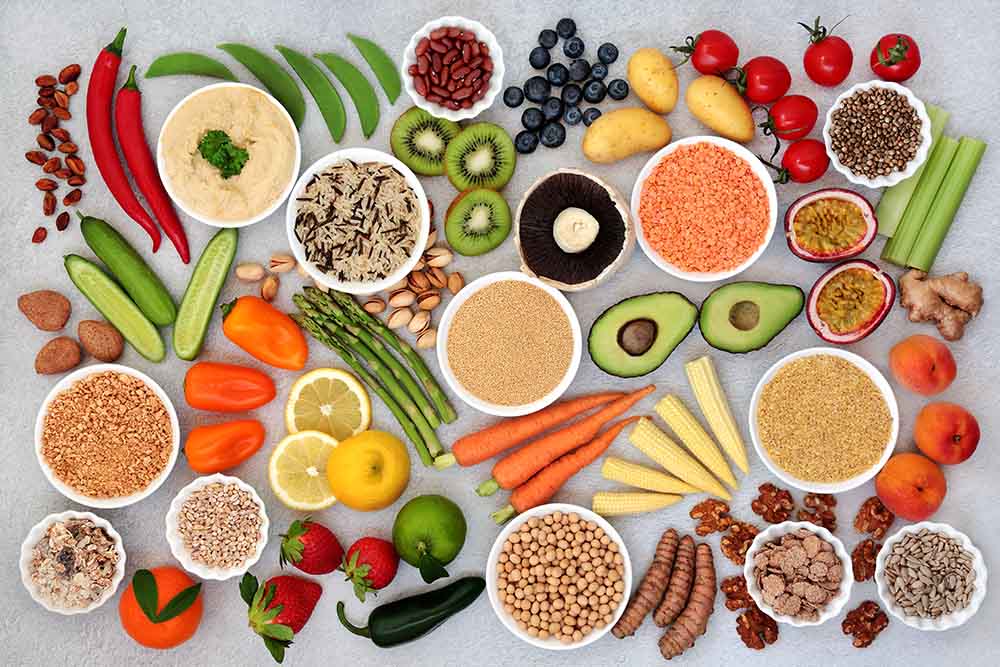A plant-based diet consists of vegetables, fruits, oils, nuts, whole grains and seeds which are equally essential for healthy growth and nurturing nerves and fibres within the body.
The conscious decision to follow a diet that solely comprises plant-based foods is one step towards healthier living. This naturally reduces several health risks, and also focuses on lesser consumption of processed foods.
Because plant-based foods derive directly from nature, they help in bettering the mortality rate. Also, for overall wellness, diets emphasising fresh, whole ingredients and minimising processed foods are far better than other options that might be tempting, but have damaging consequences.

Let’s understand why these plant-based diets are highly recommended by health experts:
• Minimally processed
• Limit or totally avoid animal products
• Focus on plants, including vegetables, fruits, whole grains, legumes, seeds, and nuts, which should make up the majority of what we eat
• Exclusion of refined foods such as processed oils, added sugar and white flour
Some benefits of plant-based diet include:
Reduced Health Risks -
‘Journal of the American Heart Association’ released an article a few years ago stating that plant-based diets may reduce the risk of dying from cardiovascular disease by 31 per cent. Some types of cancer, type 2 diabetes, high blood pressure, cholesterol and so many chronic diseases can also be reduced gradually if there is maximum awareness and implementation of a plant-based diet.
Weight Loss:
People who don’t eat meat at all, or eat it in moderation tend to weigh less, as they consume less fat and their calorie intake is lower. So a plant-based diet is ideal to keep your weight in check and prevent obesity.

Gut Health:
Plant foods are high on fibre. Regular consumption of plant-based food items enables one’s gut health to improve gradually, which in turn helps better absorption of the nutrients in the food we consume. This further improves our immune system and reduces inflammation.
Better For The Environment:
Eating a plant-based diet will lower greenhouse gas emissions, when compared to animal-based diets. It also reduces land usage and helps preserve resources such as energy compared to animal agriculture, overall impacting the conservation of natural resources and protecting the environment.

Supports Muscle Mass:
With a proper resistance training programme, plant-based diets can support muscle building too. It’s always advisable to consult an expert to understand the right portions and what exactly to eat.
Keeps The Brain Strong:
Maya Feller, MS, RD, CDN, a dietitian based in Brooklyn, New York, and the author of The Southern Comfort Food Diabetes Cookbook, says ’There is some compelling research examining plant-based diets and their role in slowing the progression of Alzheimer’s‘. This clearly means that plan-based foods are extremely good for brain health too.